日本战犯侵华罪行自供——铃木启久 The confessions of Japanese war criminal Suzuki Keiku
国家档案局网站 2014-07-07 09:40

从7月3日开始,国家档案局网站开始公布45名日本战犯的侵华罪行自供,每天公布一人,分45天完成。第一天公布的战犯是铃木启久。他供称自己杀害了5000多名中国军民,还曾经引诱妇女做慰安妇、命令士兵散布霍乱菌、将孕妇剖腹、制造无人区等罪行。
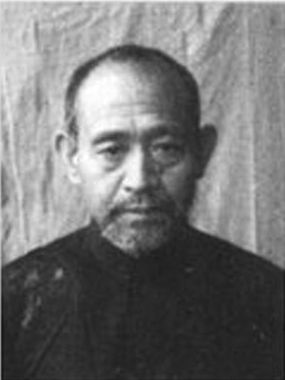
铃木启久
据铃木启久1954年7月笔供,他1890年生于日本福岛县,1934年到中国东北参加侵华战争,任步兵第28联队长辅佐,1945年4月任陆军中将,第117师团长。同年8月31日在吉林被俘。
According to testimony written by Suzuki Keiku in July 1954, he was born in Fukushima Prefecture, Japan in 1890 and joined the Japanese War of Aggression against China in northeast China in 1934, serving as assistant commander of the 28th Infantry Regiment. In Apr 1945, he became lieutenant general and commander of the 117th Division. He was captured in Jilin on Aug 31, 1945.
重要罪行有:
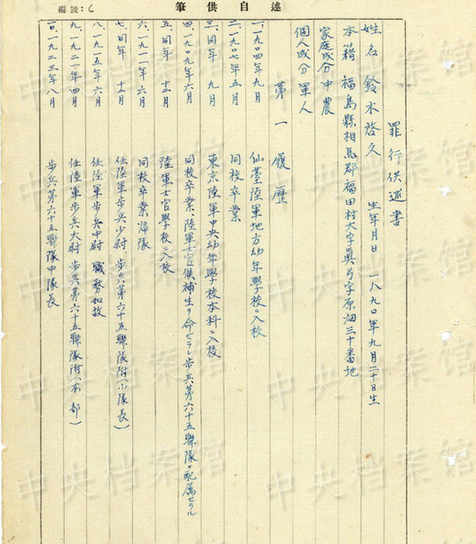
笔供原文
1934年6月前后,在锦州“杀害了2名中国农民”。
1935年3月上旬前后,援助高木大佐“于上板城附近烧掉了两个共有300户的村庄,并杀害了很多中国人民”。
1940年9月,在安徽宣城作战中,对躲在屋内的约50名抗日军人“以毒瓦斯将其全部惨杀了”。
1941年在安徽巢县设置慰安所,并诱拐了20名“中国妇女及朝鲜妇女做为慰安妇”。
1941年11月,在河北枣强攻击八路军,“杀害了10人,并烧毁约有600户两个村庄,同时屠杀了100名中国农民”。
1942年1月,在唐山一带命令田浦大佐“扫荡,烧毁了约有800户的房屋,并屠杀了1千名中国的农民”。
1942年4月,在河北丰润田官营“大力的虐杀了八路军,在鲁家峪攻击洞穴时使用毒瓦斯惨杀了八路军干部以下约一百人,”又将“逃至鲁家峪附近村庄避难的235名中国农民用野蛮的办法惨杀了(将其中的妊妇剖腹了),烧毁房屋约800户,将往玉田送交的俘虏中杀害了5人,强奸妇女达百名之多”。
1942年10月,“对滦县潘家戴庄1280名的农民采取了枪杀、刺杀、斩杀及活埋等野蛮办法进行了集体屠杀,并烧毁了全村800户的房屋”。
1942年,命令日军盘踞地区“皆设有慰安所,并引诱约60名的中国妇女任慰安妇”。
1944年5月,在河南新乡“向抗日军游击队进行攻击并将其杀害约10人,同时将战场附近的村庄烧毁约300户,杀害约100名的中国农民”。
1944年11月,“我命令步兵部队侵略林县南部地区后,在撤出该地区之同时,由防疫给水班在三、四个村庄散布霍乱菌,因此后来我接到‘在林县内有100名以上的中国人民患霍乱病,死亡人数也很多’的报告”。之后,又在长路县某村“将该村约300户的房屋烧毁,并将该村的660名中国农民以极野蛮的办法虐杀了,即枪杀、刺杀、烧杀等极惨暴的方法” 。“另外,在此侵略中,我的部下又共杀害了30名俘虏”。
“我为了试验以空气注射杀人的方法,于1945年春在怀庆的师团野战病院命令“进行试验,即给予当时住院的1名中国伪县警备队员极高的代价进行了试验”。
1945年,在“蟠居地区命令设立所谓慰安所,并引诱约60名的中国妇女和朝鲜妇女任慰安妇”。
“在侵略中国期间”,“只我个人的记忆即杀害了5470名中国人民,烧毁和破坏中国人民的房屋18229户,其实际数字很(可)能还多”。
Major crimes:
Around June 1934: "Killed two Chinese peasants" in Jinzhou.
Around early March 1935: Assisted Colonel Takagi to "burn down two villages with a total of 300 households near Shangban City and kill many Chinese people".
Sept 1940: "Used poisonous gas to brutally kill all" of about 50 anti-Japanese soldiers hidden indoors in a battle in Xuancheng, Anhui province.
1941: Set up a comfort women station in Chaoxian County, Anhui province and abducted 20 "Chinese and Korean women as comfort women".
Nov 1941: In an attack on the Eighth Route Army in Zaoqiang, Hebei province, "killed 10 soldiers, burned down two villages with around 600 households, and also slaughtered 100 Chinese peasants".
Dec 1941: "Forced inhabitants" "in the area within 2 kilometers of the Great Wall" "to relocate and made the area a depopulated zone".
Jan 1942: Ordered Taisuke, the Colonel, to "burn down the houses of about 800 households and slaughter 1,000 Chinese peasants in a mop-up operation" in Tangshan.
Apr 1942: In Tianguanying, Fengrun, Hebei province, "brutally killed soldiers of the Eighty Route Army and used poisonous gas in an attack to murder about 100 cadres and soldiers of the Eighth Route Army in the caves in Lujiayu", "cruelly killed 235 Chinese peasants seeking refuge in a village near Lujiayu (cutting open the bellies of pregnant women among them), burned down houses of about 800 households, killed 5 captives to be delivered to Yutian, and raped as many as 100 women".
July 1942: In Fengrun, "burned down civilian houses of around 500 households and brutally killed about 100 Chinese peasants".
Sept to Dec 1942: In order to "create depopulated zones, i.e. to force all residents to move out" of regions including Qian'an and Zunhua, "burned down the houses of over 10,000 households in those regions, forced tens of thousands of people to relocate and also massacred many people".
Oct 1942: "Murdered 1,280 peasants in Panjiadaizhuang village, Luanxian county in such cruel ways like shooting, bayoneting, slashing and burying alive and burned down the houses of all 800 households in the village".
1942: Ordered "to set up comfort women stations" in all regions where Japanese troops were stationed and "to lure about 60 Chinese women to serve as comfort women".
May 1944: In Xinxiang, Henan province, "attacked anti-Japanese guerrilla forces and killed about 10 of their soldiers, burned down about 300 houses in villages close to the battlefield and killed about 100 Chinese peasants".
July 1944: In Fengqiu, Henan province, "killed about 40 soldiers of the anti-Japanese guerrilla forces, burned down a neighboring village of about 400 households, and killed about 100 Chinese peasants".
Aug 1944: "Attacked and killed about 10 soldiers" of the anti-Japanese troops in Huaiqing, Henan province, "burned down farmhouses of about 400 households, and brutally killed about 30 Chinese people".
Nov 1944: "I ordered the infantry to invade the southern part of Linxian county. When the troops were pulling out of the region, I ordered the Epidemic Prevention and Water Supply Squad to spread cholera virus in three or four villages. Afterwards, I received a report saying that 'more than 100 Chinese people in Linxian were infected with cholera, and the death toll was also high'". After this, in a village in Changlu county "I burned down the houses of about 300 households and killed 660 Chinese peasants of the village in extremely brutal ways like shooting, bayoneting and burning". "Also during this attack, 30 captives were killed by soldiers under my command".
"In order to test the method of killing people with air injection, I ordered in spring of 1945 the division field hospital in Huaiqing to 'conduct an experiment, which is to test it on a hospitalized Chinese soldier of the Puppet County Guards with an extremely high price'".
Spring 1945: "Killed about 500 peasants and burned down houses of all the 600 households" in a village in Huaiqing;
Around spring 1945: "Burned down the houses of about 400 households in villages" near Jiaozuo, and "brutally killed about 100 Chinese peasants".
1945: "Ordered to set up comfort women stations in the regions occupied by Japanese troops, and lured about 60 Chinese and Korean women to serve as comfort women".
Mid-July 1945: "Invaded Liquan, and slaughtered about 40 Chinese people".
"During the war of aggression against China", and "based on my own memory, 5,470 Chinese people were killed, and houses of 18,229 Chinese households were burned down or damaged. The actual number (may) be much higher."
(来源:国家档案局网站,编辑 Helen)









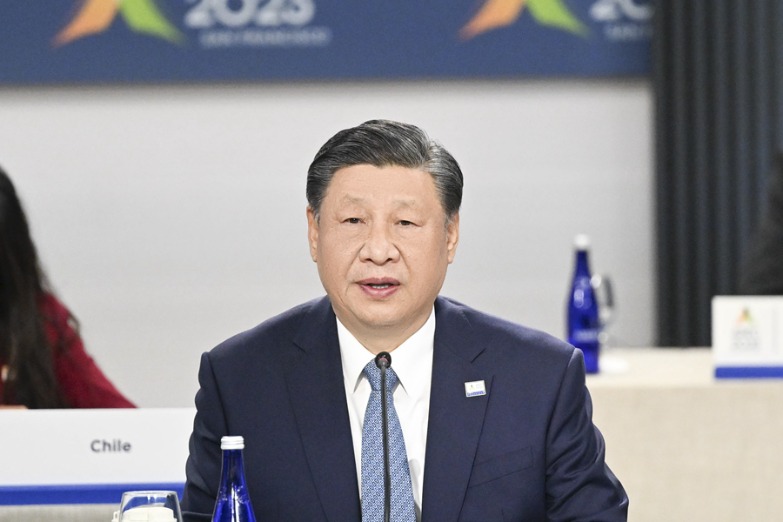

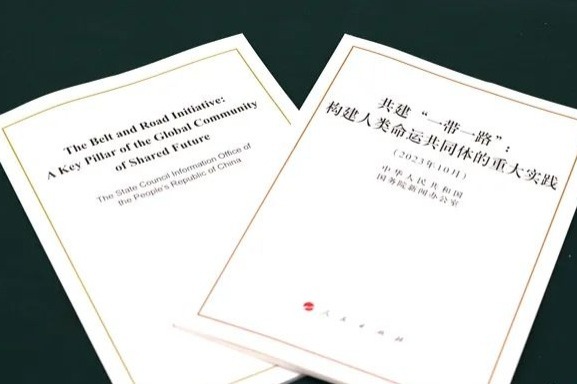
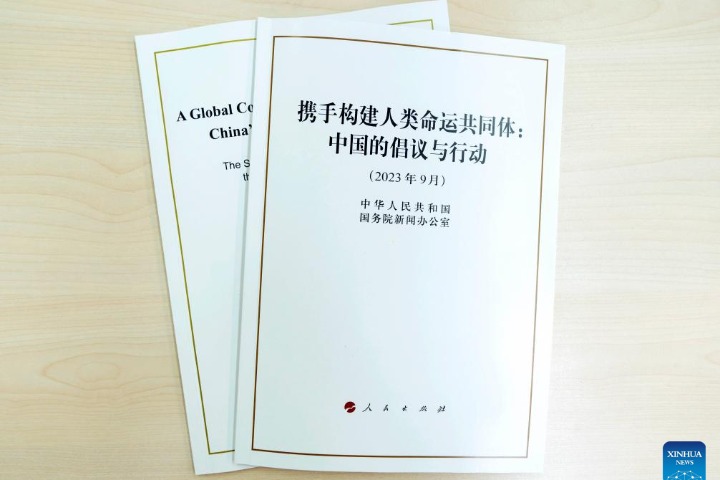
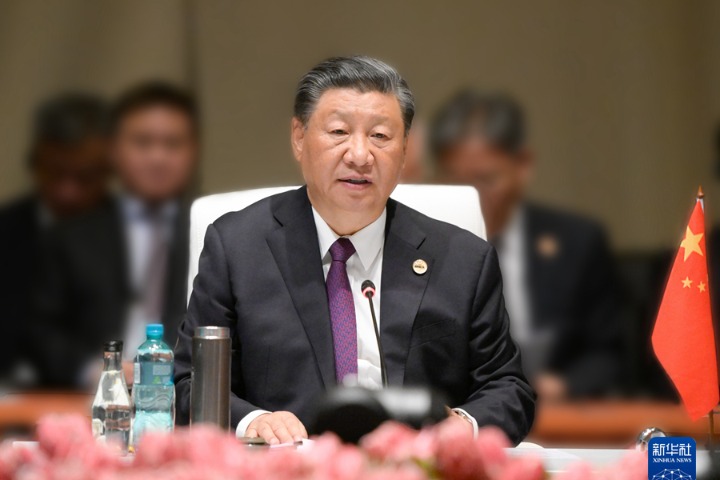



 英语点津微信
英语点津微信 双语小程序
双语小程序